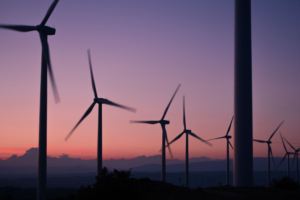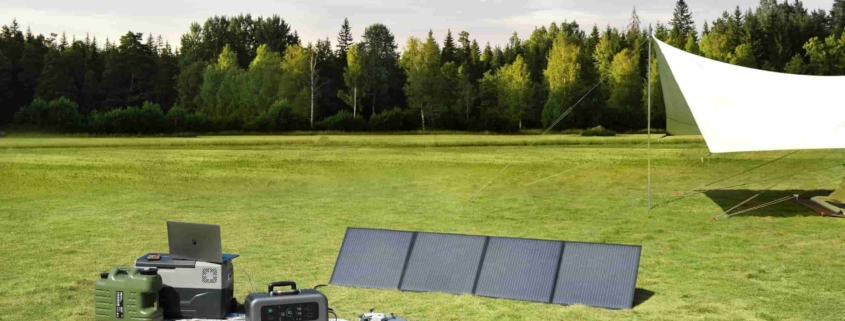Generators: Do I Need One?
Defining Generators:
At their core, generators are electromechanical devices designed to convert mechanical energy into electrical energy. Serving as a backup power source, they ensure a constant supply of electricity during grid failures, averting potential disruptions.
Generators come in different types and sizes, ranging from portable generators suitable for powering a few appliances to larger standby generators installed in homes or businesses for continuous and automatic power supply during outages. The choice of generator depends on factors such as power requirements, intended use, and the duration of operation.
How It Works:
The basic principle behind a generator’s operation is electromagnetic induction. A generator typically consists of a prime mover, which could be an internal combustion engine, a turbine, or other types of engines. This prime mover converts fuel energy into mechanical energy. This mechanical energy is then used to rotate a coil or rotor within a magnetic field, inducing an electric current in the conductors of the coil. The generated electrical energy can be harnessed through electrical circuits and used to power various devices and appliances.
Types of Generators:
Portable Generators:
- Compact and versatile
- Fueled by gasoline or propane
- Suited for temporary power needs like camping, outdoor events, or providing emergency backup at home
Standby Generators:
- Permanently installed for continuous, automatic power supply
- Connected to natural gas or propane lines
- Activated seamlessly during power outages, ensuring uninterrupted electricity for homes or businesses
Hybrid Generators:
- Combine different power sources, such as solar panels and traditional fuels, for more sustainable and versatile power generation.
- Suitable for off-grid locations, remote areas, and as a backup power source.
- Can include solar, gasoline, propane, or diesel.

Wind Generators (Wind Turbines):
- Convert wind energy into electrical power.
- Commonly used in wind farms for large-scale power generation.
- Fuel Source: Wind.
Turbine Generators:
- Use the power of steam or water to turn turbines connected to generators.
- Common in hydroelectric power plants and some types of thermal power plants.
- Fuel Source: Water (hydroelectric) or steam (thermal).
Specs to Watch For:
When researching and buying a generator, several specifications should be considered:.
- Power Output (Wattage):
- Determine the wattage requirements for the appliances and devices you plan to power.
- Fuel:
- Generators can run on various fuels, including gasoline, diesel, propane, and natural gas.
- Fuel tank Capacity
- Evaluate the generator’s runtime on a full tank of fuel.
- Start Mechanism:
- Generators can have electric start, manual pull start, or both.
- Portability:
- Consider the weight and design of the generator and the purpose intended.
- Noise Level:
- Check the decibel rating to understand the noise level produced by the generator. Consider quieter options if you plan to use the generator in residential areas or campgrounds.

- Check the decibel rating to understand the noise level produced by the generator. Consider quieter options if you plan to use the generator in residential areas or campgrounds.
- Number and Type of Outlets:
- Look at the types and number of outlets the generator offers. Common outlets include 120V household outlets, 240V outlets, USB ports, and RV outlets.
- Safety Features:
- Check for safety features such as low-oil shutoff, which protects the engine from damage, and circuit protection to prevent overloads.
Emergency Preparedness:
Generators ensure the functionality of critical systems in an emergency. From medical equipment to refrigeration and communication devices, these devices play a role in maintaining normalcy during power disruptions. Understanding their operation fortifies homes and businesses against uncertainties.
Environmental Considerations:
Acknowledging environmental concerns associated with generator use is important. Technological advancements have led to the creation of more fuel-efficient and eco-friendly models. When selecting a generator, factors such as fuel type, emission levels, and energy efficiency should be considered to align with both power needs and environmental responsibility.
Conclusion:
When deciding whether you are ready to invest into a generator, note that they are not a small priced investment. Understanding their mechanics, types, and roles in emergency preparedness aids in making those decisions. Be thorough and educated about your choice. Embrace the power within—a generator might just be your ticket to uninterrupted energy and peace of mind in times of need.



